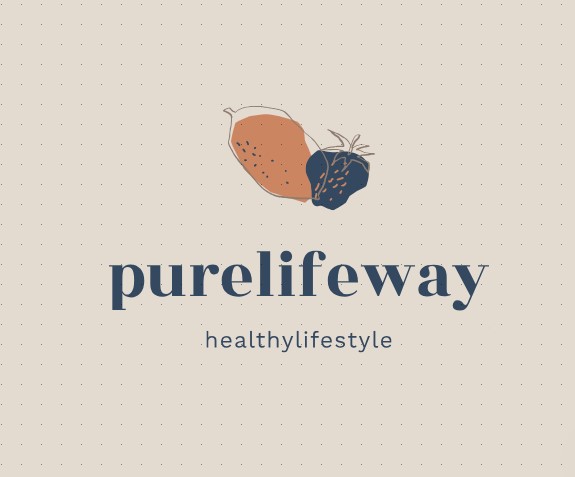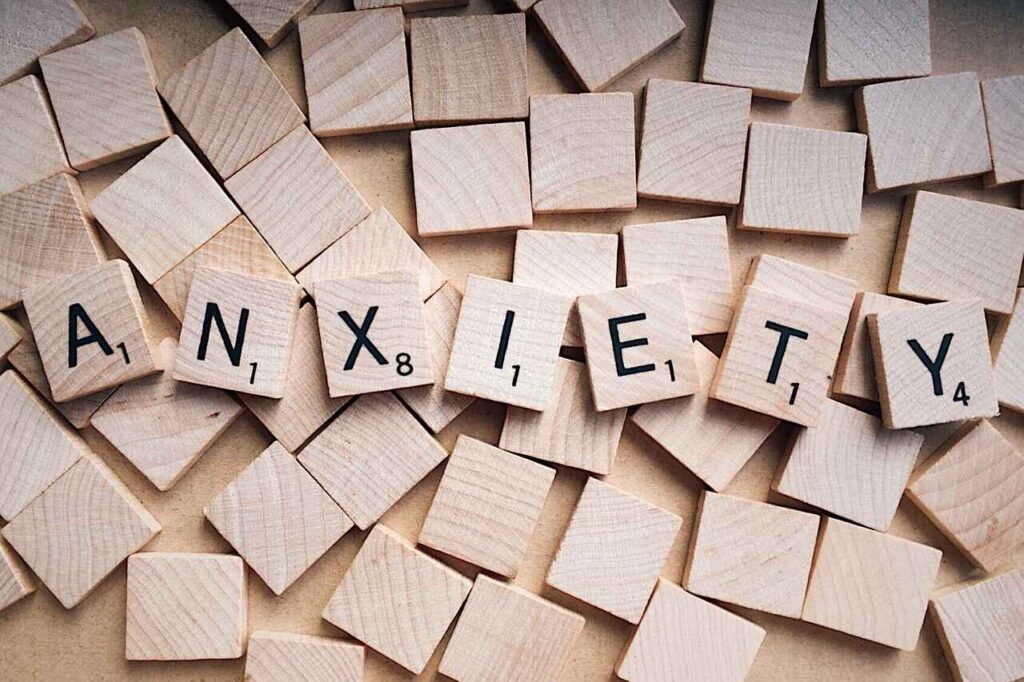The Best Vitamins for Healing Anxiety, Stress & Depression
The societal pace of life just keeps getting faster and more intense, which can make coping with anxiety, stress or depression an almost impossible feat. Traditional treatments and lifestyle changes are essential, but nutrition is key as well. Some vitamins actually have been shown to help support mental health, which is one important part of having well-balanced emotions. We are sharing a complete guide with you on the most beneficial vitamins to alleviate these anxiety, stress and depression symptoms.
1. Vitamin D
The Sunshine Vitamin
One important part of your general wellness (and mental welfare) is Vitamin D, aka the sunshine supplement.
Benefits:
• Immune Function: Immunity is the first line of defense for optimal health and, with that, mental well-being.
Bone Health: It assists in calcium absorption, ultimately supporting a healthier mental state by way of bone health.
Mood Regulation: Vitamin D has been linked to the regulation of serotonin, a neurotransmitter that affects mood.
Sources:
• Sun exposure
• Fortified foods (such as milk, cereals)
• Supplements
Scientific Evidence:
This has more to do with research that was published where low levels of Vitamin D were associated with – among other things – depression and anxiety symptoms (source). A study in the American Journal of Clinical Nutrition reported an increased mood with Vitamin D supplementation as well for those who were deficient.
2. B Vitamins
The Brain Boosters
Introduction to B Vitamins B vitamins are a group of nutrients that are vital for maintaining body functions. They are especially important for brain health and function.
Key B Vitamins:
• Pyridoxine (Vitamin B6): Needed for the synthesis of neurotransmitters such as serotonin and dopamine.
Caffeine: Not a vitamin or mineral, but you probably get something from coffee daily in some form, so it fits on the list. Vitamin B (Thiamin): Required for metabolism of carbohydrates to create energy Selenium: Antioxidant necessary for preventing cell damage and forestalling ageing.
• Vitamin B12 (Cobalamin): Important for brain function and mood regulation.
Benefits:
• Neurotransmitter Synthesis-Required to manufacture serotonin, dopamine and other neurotransmitters.
Brain Health- For cognition function and reducing brain fog.
• Energy Production: Assists in turning food into energy, thus offsetting the common fatigue associated with depression and anxiety.
Sources:
• Whole grains
• Meat and dairy products
• Leafy green vegetables
• Supplements
Scientific Evidence:
A study published in the Journal of Psychopharmacology found that lower intakes of B vitamins are associated with symptoms more commonly related to depression, stress and anxiety. Adequate amounts of B vitamins also support mood and mental clarity, as mentioned in this study.
3. Omega-3 Fatty Acids
The Brain’s Best Friend
Omega-3 fatty acids (such as those found in EPA-Eicosapentaenoic and DHA – Docosahexaenoic) are fats that must be obtained through diet. Omega 3 plays a key role in brain function. trimming the hair makes it grow faster
Benefits:
Emotions: omega-3 fatty acids that support neurotransmitter function can contribute to stabilizing mood.
Inflammation Reduction: Lowers inflammation that causes depression as well as other mental health conditions.
• Brain Function: Promotes general brain health and improves memory and cognitive ability.
Sources:
− Salmon, mackerel and sardines (fatty fish)
• Flaxseeds and chia seeds
• Fish oil supplements
Scientific Evidence:
An evaluation of recent papers published in the Journal of Clinical Psychiatry reveals that fish oil — long considered a treatment option for depression, psychosis and related illnesses– does not appear to be beneficial, but other supplements might be. Another research published in Translational Psychiatry has cited that Omega 3 fatty acids may be effective in avoiding the onset of depression as well.
4. Magnesium
The Relaxation Mineral
Recall that magnesium participates in over 300 biochemical reactions in the body many of which influence brain function.
Benefits:
• Reduce stress: Regulate the body’s response to stress.
Muscle Relaxation: Reduces muscle tightness, the result of which can be a decrease in physical anxiety symptoms.
• Improves Sleep: Ensures good sleep, which is an imperative part of mental health.
Sources:
• Nuts and seeds
• Leafy green vegetables
• Whole grains
• Supplements
Scientific Evidence:
According to a study in the journal Nutrients, magnesium supplementation can improve your mood and reduce symptoms of anxiety.
5. Zinc
The Mood Enhancer Essential Vitamin for Your Overall Well-Being Zinc is a trace mineral essential for neuroplasticity and brain function.
Benefits:
• Neurotransmitter function: Zinc maintains the integral function of the neurotransmitter essential for mood regulation.
• Antioxidant: protects your brain cells from oxidative stress.
• Boosts immunity: Zinc strengthens your immune system.
Sources:
• Meat and shellfish
• Legumes
• Seeds and nuts
• Supplements Evidence: According to the Journal of Affective Disorders, zinc ingestion improves both depression and anxiety disorders. The journal noted that zinc deficiency is associated with increased levels of depression and anxiety. It concluded that zinc supplementation may improve mood status in depressed and anxiety patients. In conclusion, incorporating these vitamins into your diet significantly enhances your mental health and wellness. However, remember that vitamins play a supportive role and do not substitute professional medical treatment. Therefore, always make a point of consulting with your healthcare provider before taking any supplements on your own.



